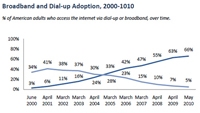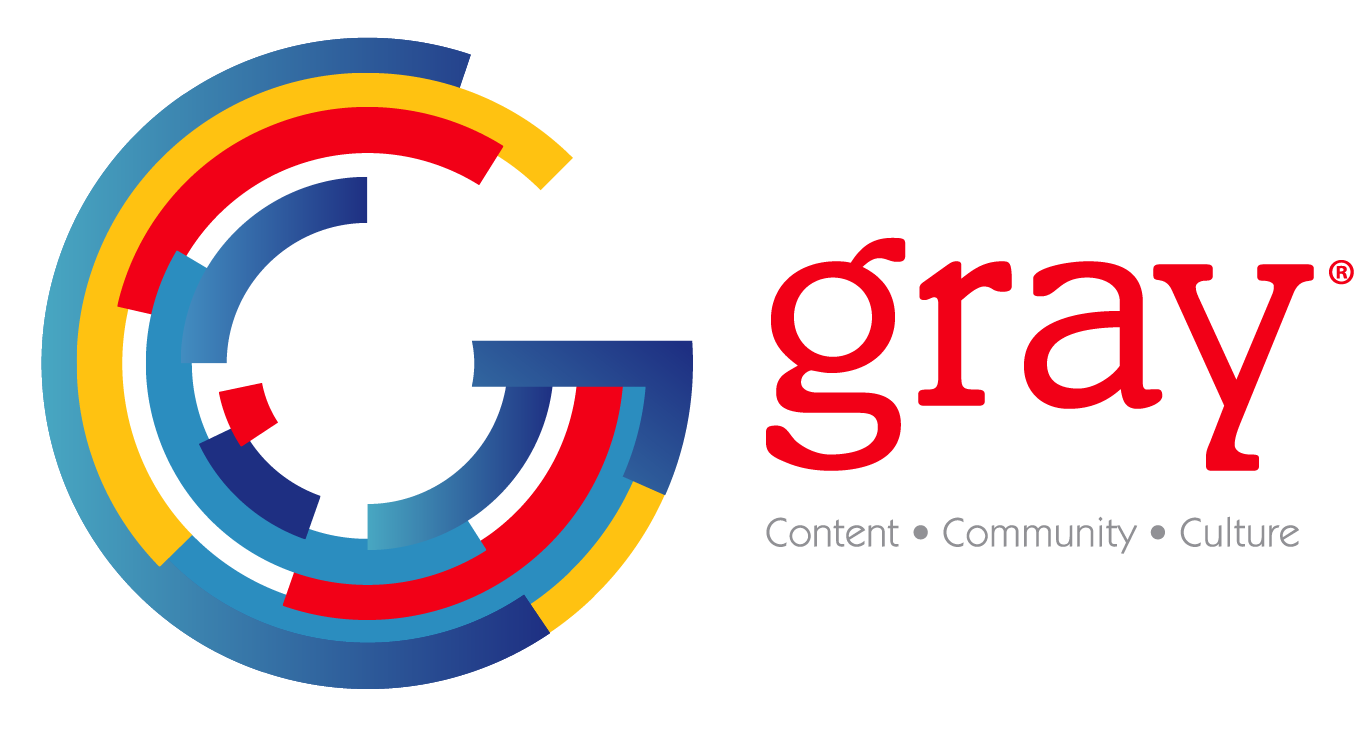One-fifth of Americans don’t use the Internet

A new study has found that daily Internet usage in America has slowed down dramatically over the past year, with 21 percent now claiming that they don’t use the Internet at all.
The results are based on data from telephone interviews conducted by Princeton Survey Research Associates International between April 29 and May 30 of this year — from a sample of 2252 adults, aged 18 and older.
It found that two-thirds of American adults (66 percent) now have a broadband Internet connection at home, a figure that is little changed from the 63 percent with a high-speed home connection at a similar point in 2009.
Most demographic groups experienced flat-to-modest broadband adoption growth over the last year. The notable exception to this trend came among African-Americans, who experienced 22 percent year-over-year broadband adoption growth.
In 2009, 65 percent of whites and 46 percent of African-Americans were broadband users (a 19-point gap). In 2010, 67 percent of whites and 56 percent of African-Americans claim to be broadband users (representing an 11-point gap).
Forty-eight percent think the Web holds information irrelevant to their lives, while 60 percent said they were uncomfortable with computers in general and 90 percent just plain don’t care to be online. Over two-thirds (69 percent ) of those who don’t use the Internet are over the age of 65, while others may live in rural areas, have a low income or lack a high school education. Five percent of Americans still connect using dial-up.
By a 53 to 41 percent margin, Americans say they do not believe that the spread of affordable broadband should be a major government priority. Contrary to what some might suspect, non-Internet users are less likely than current users to say the government should place a high priority on the spread of high-speed connections.
The professional video industry's #1 source for news, trends and product and tech information. Sign up below.
